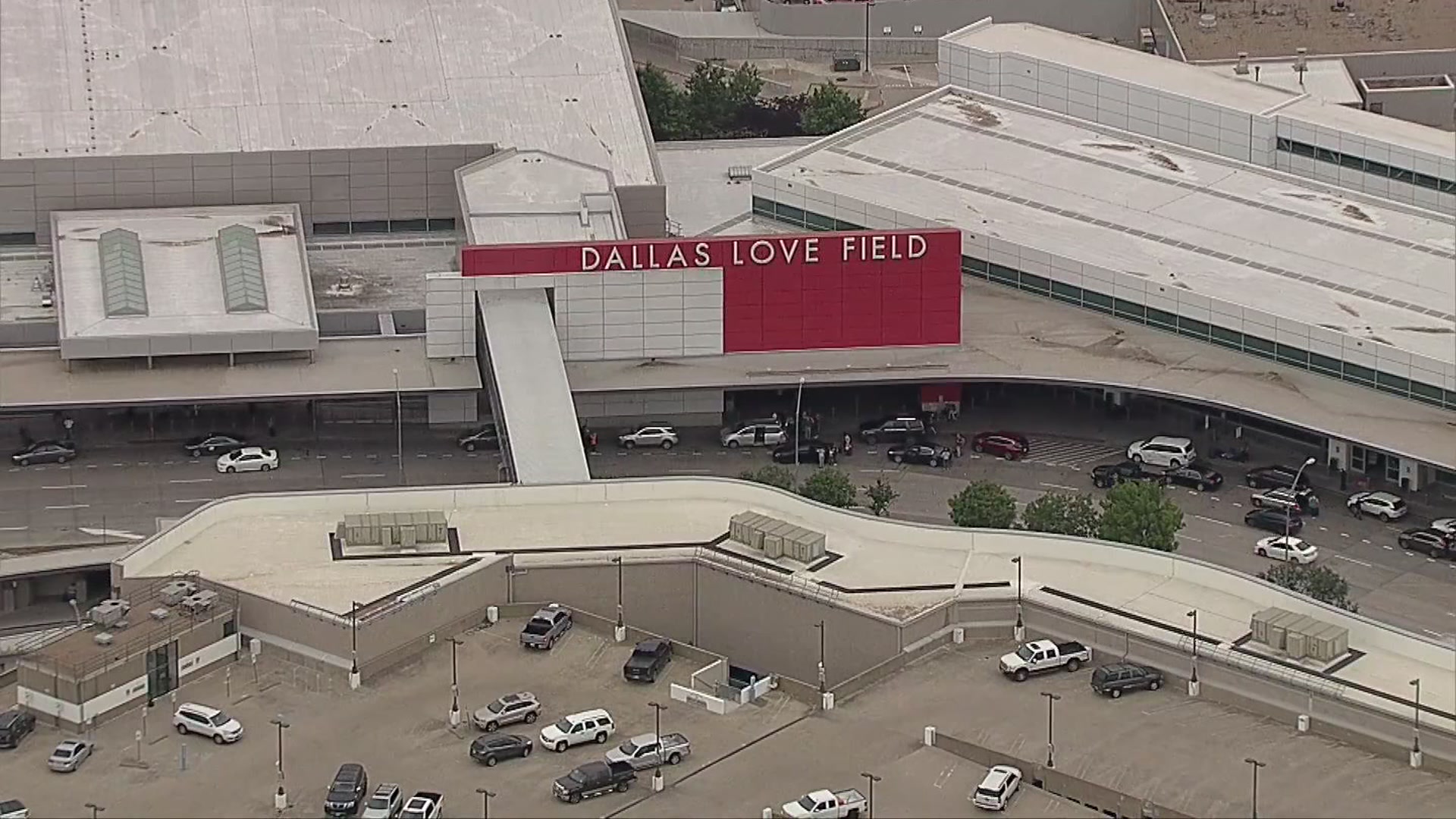The proposed Dallas Trinity River tollway faces 20 months of additional delay because of additional studies required by the federal government.
The study will include 1,500 soil borings to determine the integrity of the levee along which the toll road is planned.
Dallas voters first approved the Dallas Trinity River Project in 1998. It included parks, lakes, flood control improvements and a tool road intended to relieve downtown Dallas traffic congestion.
Dallas Mayor Tom Leppert announced the study Monday.
"We want to go into it with an attitude that we’re going to find solutions," Leppert said. "We’re not going to throw our hands up, we’re not going to give up -- there’s too much at stake for that."
The study will cost $29 million, to be split between the city and the U.S. Army Corp of Engineers. The city will delay reconstruction of a levee pump station to pay for its share.
After many years of approving the Dallas levees, the Corp of Engineers downgraded them to "unacceptable" in March, based on tougher standards that were developed after Hurricane Katrina flooded New Orleans.
Republican Sen. Kay Bailey Hutchison and Democratic Rep. Eddie Bernice Johnson, both strong supporters of the project, joined Leppert at Monday’s announcement.
Local
The latest news from around North Texas.
"The encouragement is that there is a way forward. Nothing is going to stop this project," Hutchison said. "All of the different components will add something to the quality of life."
Johnson said no one is more frustrated with the delays than she is, but the delay is justified.
"We do not want to put our citizens at risk and wonder whether or not we’re doing the right kind of job," she said.
Critics of the project also attended Monday’s announcement.
Dallas Councilwoman Angela Hunt led a 2007 petition drive that forced an unsuccessful referendum to stop the toll road inside the levee.
"We need to take the toll road out of the flood way," Hunt said. "The writing is on the wall. We have too many problems with our levee system as it is."
Councilman Mitchell Rasansky was a long-time supporter of the Trinity Project, but recently turned against the toll road portion because of unanswered questions about the cost.
"Unfortunately, it hasn't been done right at City Hall, and I question our leadership," he said.
Leppert said it is impossible to predict the final cost of the project until after the study identifies what levee repairs are necessary. But supporters say the toll way structure itself may help strengthen the levee.
The City Council will be asked to approve its share of the study funding on June 10.



